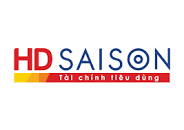


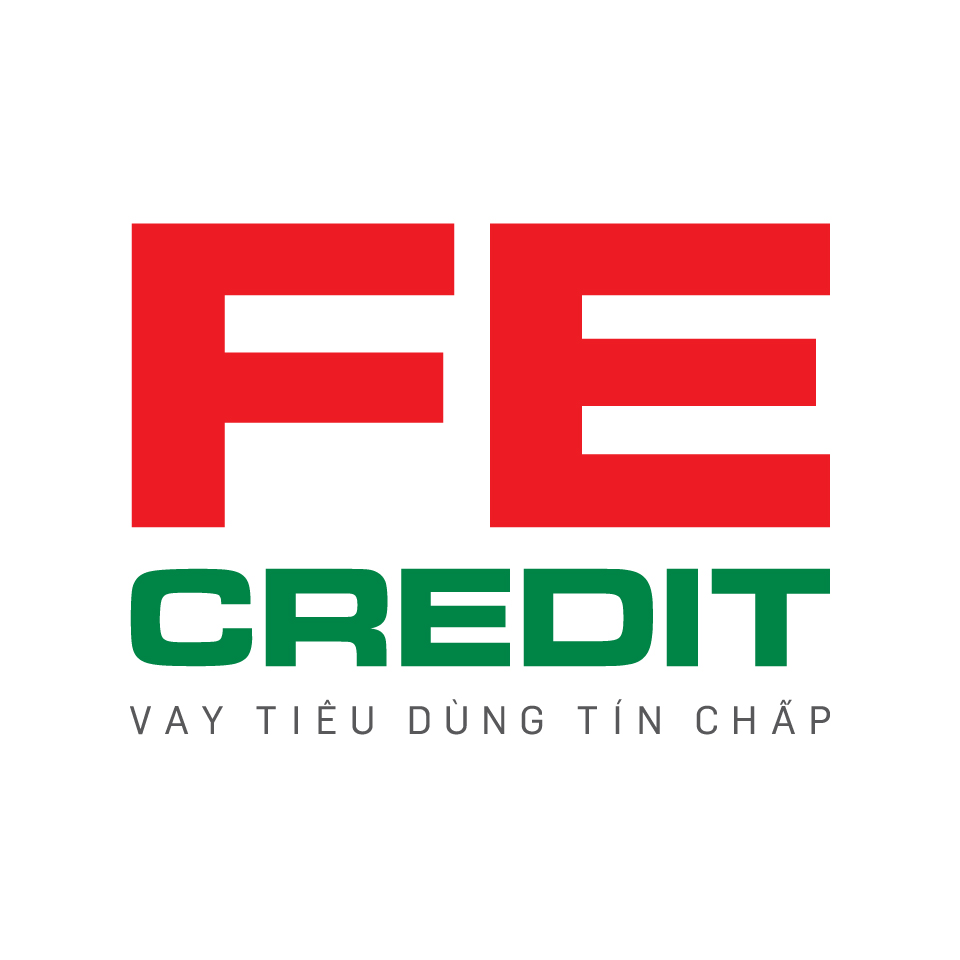

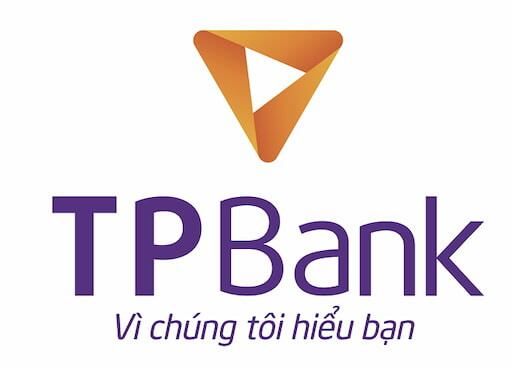





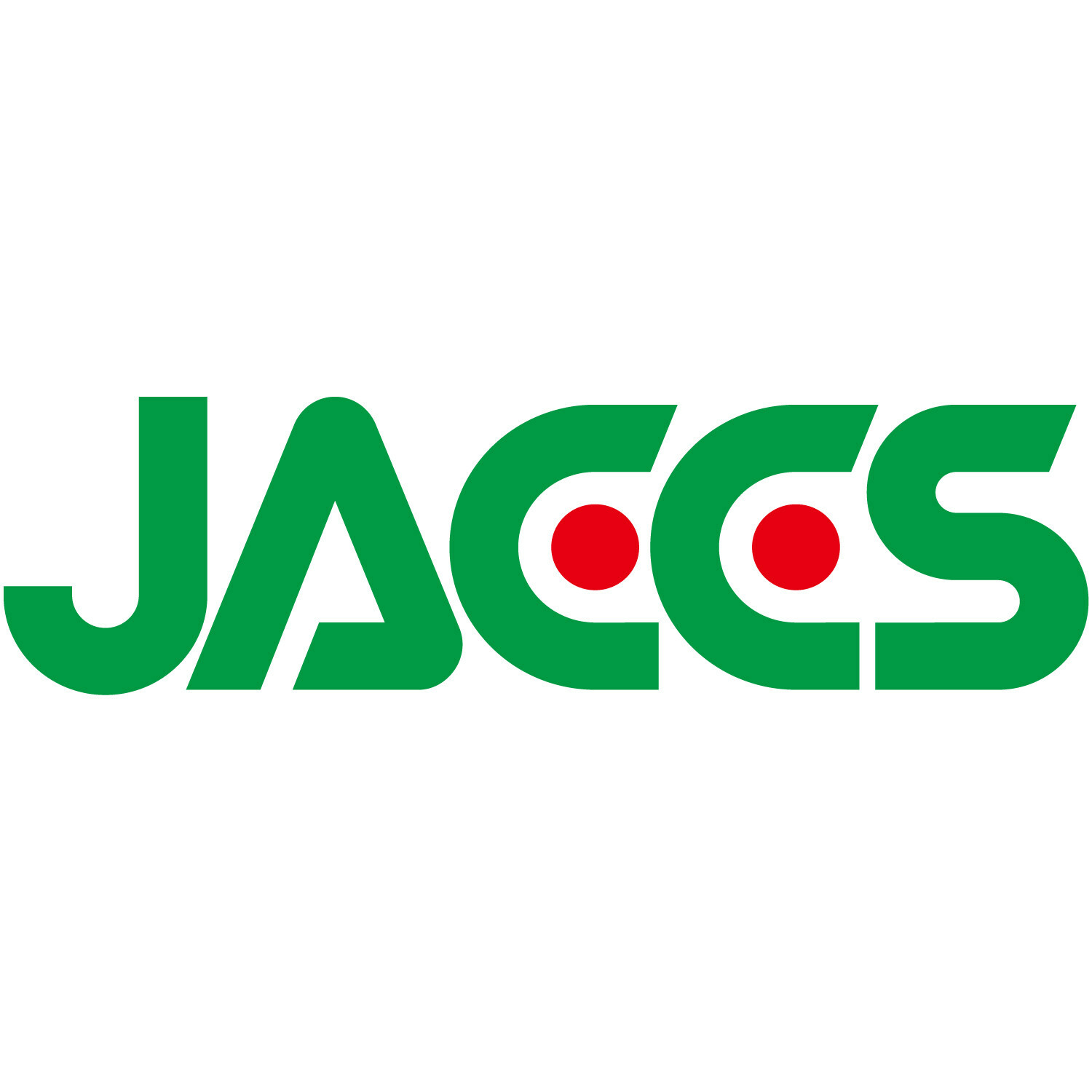








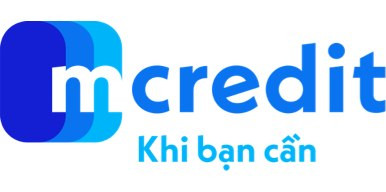


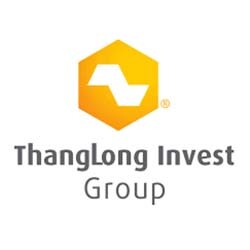

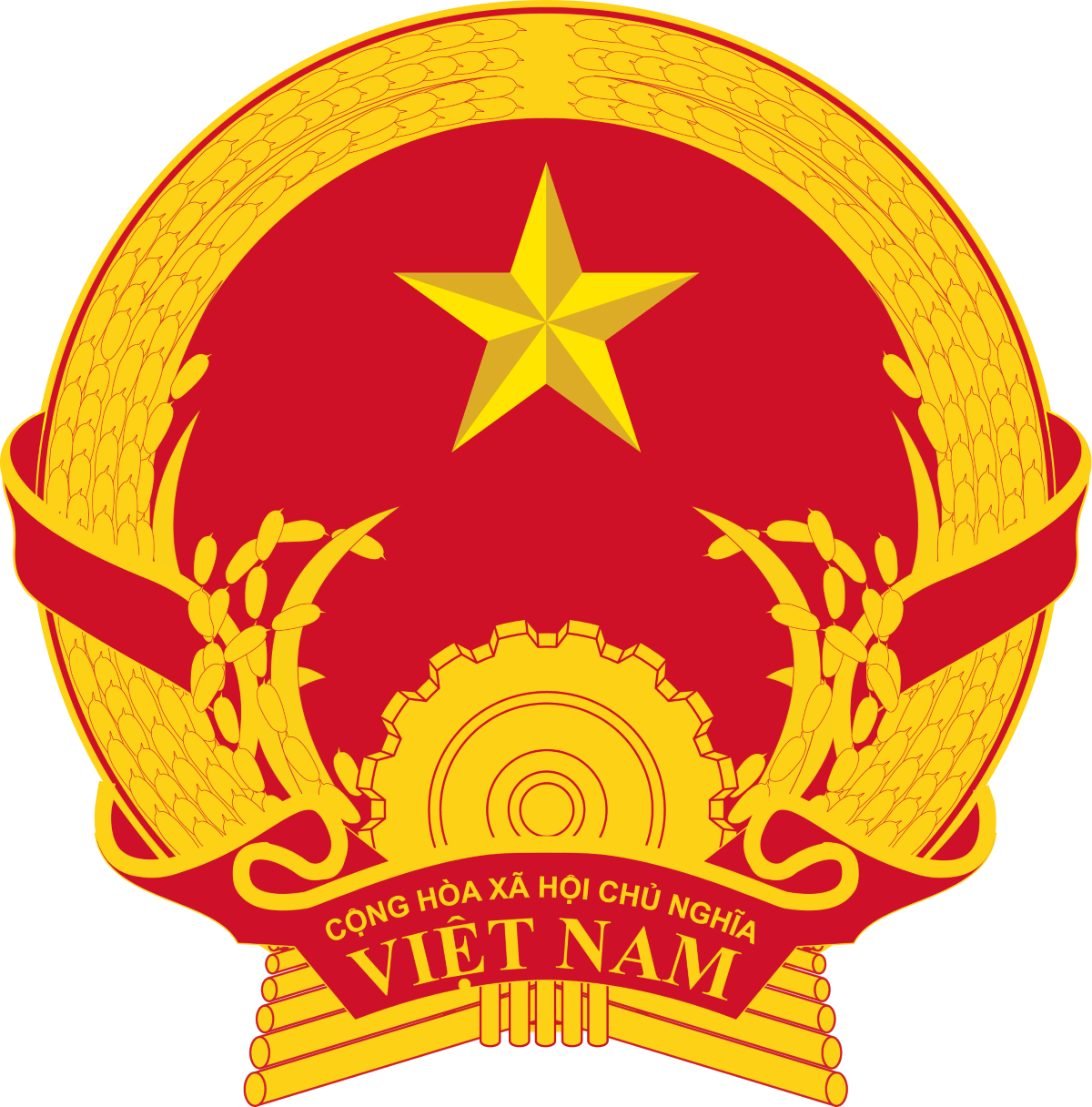



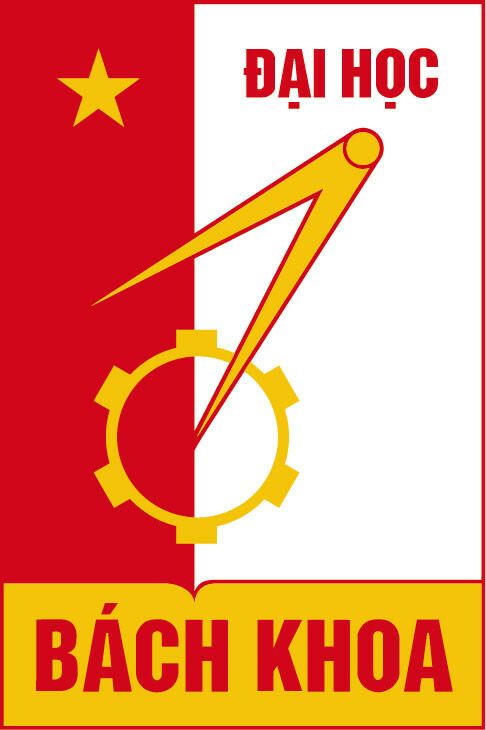
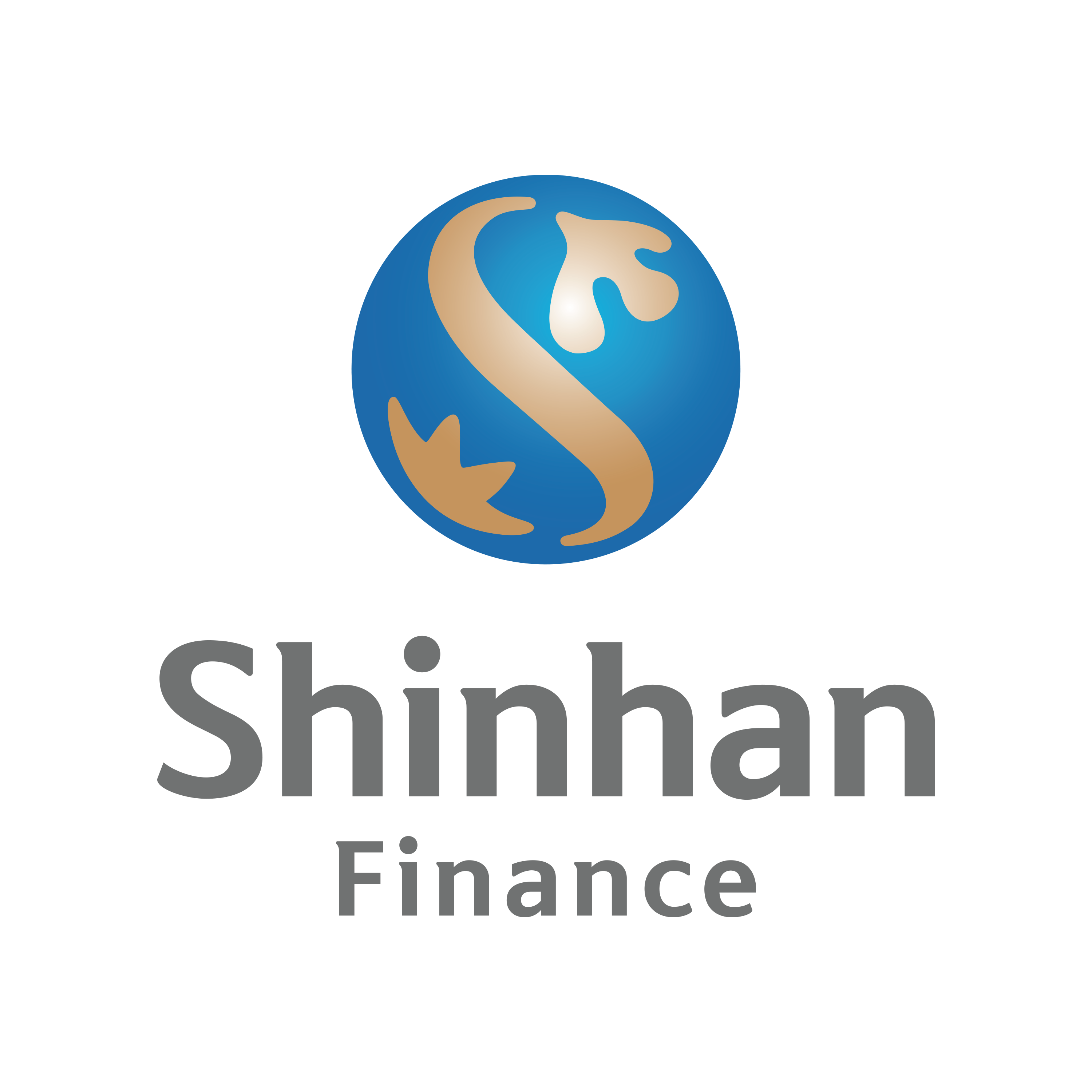








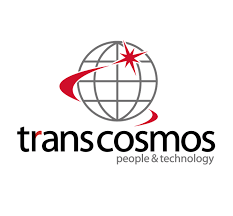









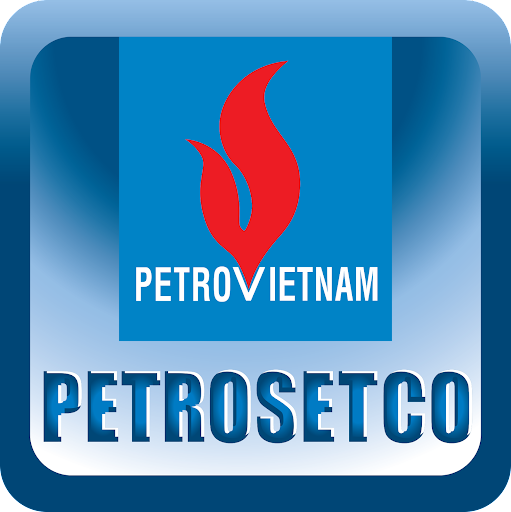
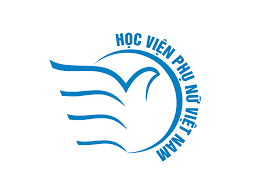
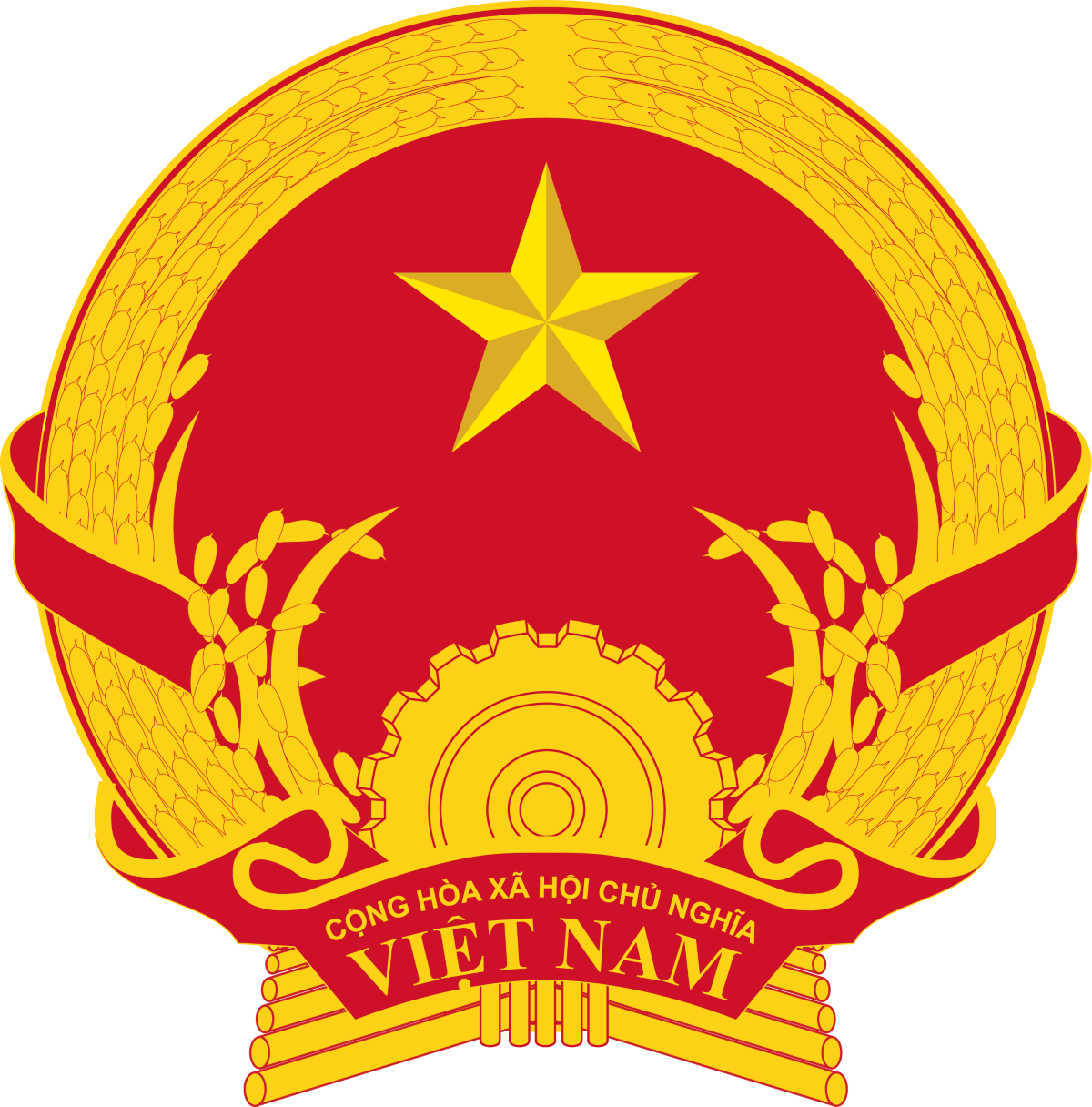
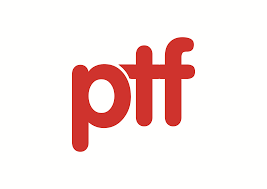

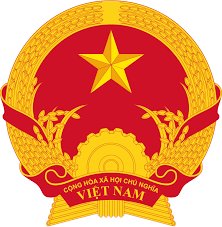

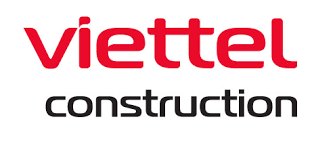




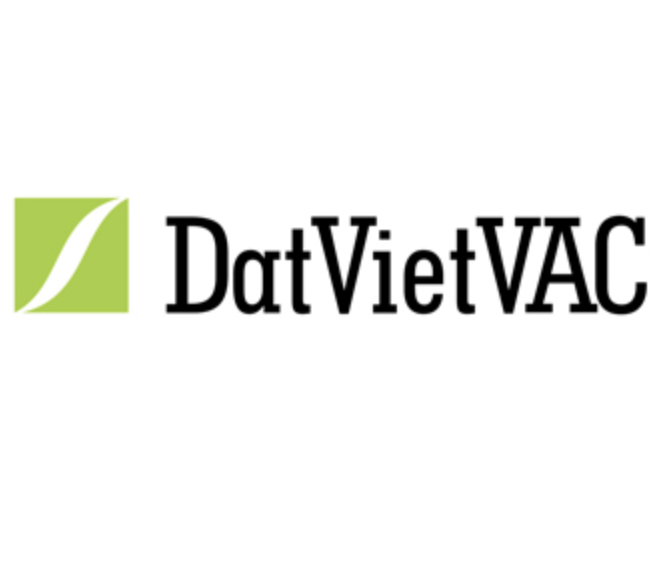



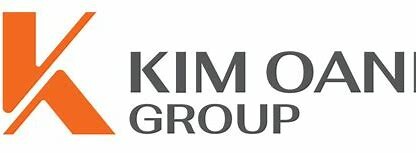




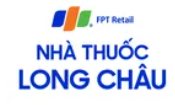


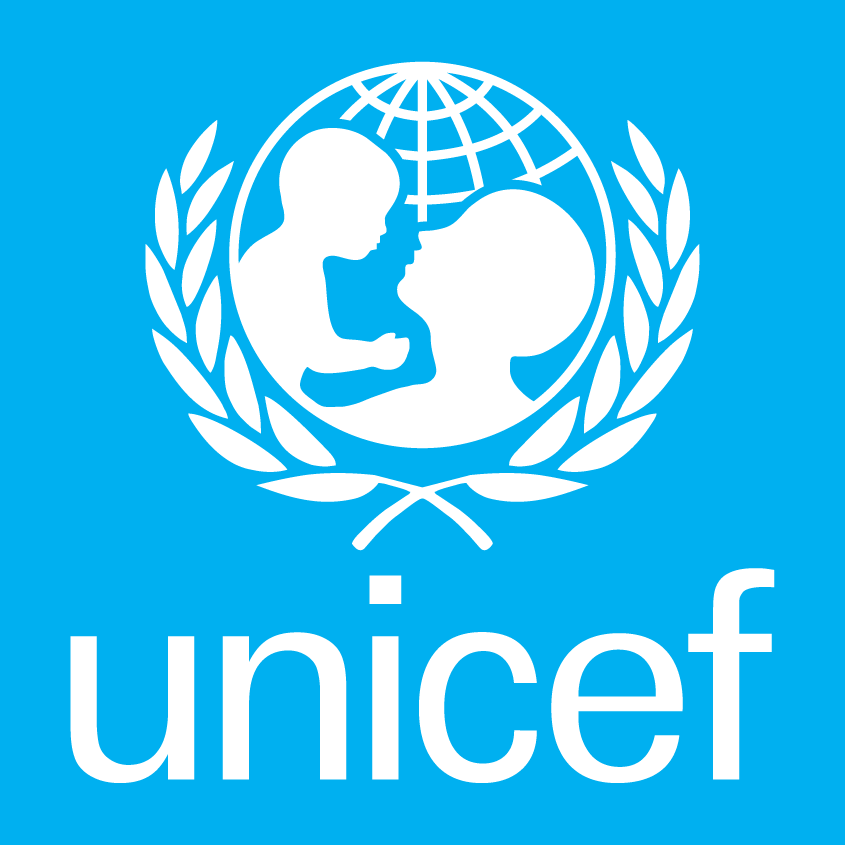
Across 190 countries and territories, we work for every child, everywhere, every day, to build a better world for everyone.
And we never give up.
For every child, an opportunity...
Purpose Of Activity/Assignment
This assignment aims to conduct a comprehensive study on financing options for shock-responsive social protection in Viet Nam.
Background
Viet Nam’s rapid economic development in the past decades has put tremendous pressure on the environment. The country has experienced rapid urbanization and industrialization, leading to increased levels of pollution, particularly in urban centers. Air and water pollution, waste management issues, and resource depletion have been exacerbated by the fast pace of economic growth. Viet Nam was ranked the 13th most affected country globally by climate vulnerability and extreme weather events between 2000 and 2019 with an estimated loss of 3.2 per cent of GDP in 2020. Over the last three decades, Viet Nam has suffered an average annual loss of 1-1.5 per cent of GDP and an average of 430 deaths due to climate-related disasters. The impact of climate change has been more severe, including rising sea levels and saline intrusion affecting the plain areas such as the Mekong Delta; extreme climatic conditions eroding agriculture, tourism, and infrastructure; rising heat affecting labor productivity across economic sectors; and more severe and frequent floods and droughts. Climate changes has increased children's vulnerability, especially in Viet Nam where 95% of children are exposed to 4 or more climate risks - in comparison to 68% in the East Asia and the Pacific region and 38% globally.
Currently, Viet Nam is still making significant efforts to respond to the devastating impacts of Typhoon Yagi, the most powerful storm in 30 years. Government reports indicate that more than 350 people are either dead or missing. The hardest-hit provinces are home to over 19 million people, including 5.5 million children. Among them, more than 150,000 children with disabilities live in the affected areas. Homes, healthcare facilities, schools, and water and power systems have been damaged, severely impacting millions of families. The estimated total cost of damage from Typhoon Yagi is approximately US$1.6 billion. Overall, Viet Nam is likely to incur, on average, VND 30.2 trillion (USD 1.4 billion) per year in direct losses from floods, typhoons, and earthquakes.
Shock responsive social protection is a new concept in Viet Nam. However, there is a range of challenges in the creation of an effective and efficient, rapid, and adequate emergency response system. There are very few disaster risk insurance products in Viet Nam and mainly targeted at large organizations and corporation, power plants, industrial plants and government agencies. As a result, affected populations often do not receive an adequate level of support in comparison to the damage that a disaster may have caused to their livelihoods. The application process for additional funds from central government by local governments tends to take time, often resulting in people failing to receive timely support. Furthermore, local government’s main focus is on short-term emergency relief, provided immediately after natural disasters and mostly through in-kind aid. Cash support is only provided in selected cases according to the recently revised Decree 20 (in July 2024) on social assistance and not based on needs assessment but property damage. Finally, there is limited local capacity to forecast need for effective and efficient planning and budgeting for emergency response as well as ability to assess damage and identify people’s needs, risks and vulnerabilities.
In 2021, UNICEF conducted a feasibility analysis on delivering cash assistance for children in emergencies in Viet Nam (report available via this link). With the increasing challenges posed by extreme weather events and climate change, it is crucial to undertake an in-depth study on the policy and financial options for shock-responsive social protection in the country. The study will also unpack the bottlenecks/ or the enabling institutional and systemic issues that needs to be addressed for efficient response and also efficient utilization of the funds. This study will also seek to strengthen the connections between shock-responsive social protection systems and anticipatory action, ensuring a more effective and timely response to future climate crises.
Scope Of Work
The study aims to analyze the delivery (including adequacy and impacts) and financing mechanisms of shock-responsive social protection (SRSP) in Viet Nam and propose viable and sustainable financing options to enhance the effectiveness of SRSP.
Specific Objectives Include
- Update the situation analysis: Conduct a comprehensive assessment of Viet Nam’s context regarding extreme weather events and climate change and cost of inaction analysis, alongside the existing shock-responsive social protection (SRSP) system, legal frameworks, and policies. This should include evaluating the design, functionality and vertical and horizontal capacity of the system in addressing and mitigating residual risks, as well as enhancing the effectiveness and efficiency of shock response efforts.
- Assess current delivery systems for SRSP/cash transfer in emergencies: Perform an in-depth assessment of current delivery systems and/or models for cash transfers during emergencies. This will involve identifying key stakeholders, their specific roles, existing coordination mechanisms and bottlenecks that hinder the facilitation of shock-responsive social protection (SRSP) as well as key enablers for the finance to work better. Focus on how current financing mechanisms are allocated and utilized for delivering cash in emergencies, particularly in light of response efforts following the recent Yagi typhoon.
- Identify financing options: Explore suitable financing options for shock-responsive social protection (SRSP) by proposing a range of instruments, including ex-ante, post-ante, and innovative approaches. Emphasize both domestic and external financing sources while considering potential climate funding, particularly in light of the challenges posed by climate change.
- Develop policy recommendations: Formulate policy recommendations aimed at improving the financing and facilitation of SRSP. This will include creating a roadmap that outlines clear entry points, key actors and strategic interventions for policy and practice changes related to SRSP in the context of Viet Nam.
- How vulnerable is Viet Nam to extreme weather events and climate change, and which populations are most affected?
- What are the strengths and gaps in Viet Nam's shock-responsive social protection system (SRSP) for addressing these vulnerabilities? (especially in relation to trigger mechanisms, challenges related to early warning system, limitation related to vulnerability analysis, beneficiary targeting, identification and registration, and existing social registry).
- What has been the impact of SRSP on vulnerable populations during past emergencies, and what factors have influenced its success or failure?
- What models exist for cash transfers during emergencies, and what are their key components? What bottlenecks have been identified in the delivery of cash transfers (particularly during Typhoon Yagi), and who are the key stakeholders involved?
- What are the current and potential financing mechanisms for SRSP in Viet Nam, and how can they be optimized, including through innovative or climate-related funding?
- What policy, legal and institutional reforms are necessary to improve the efficiency, effectiveness and coverage of SRSP in Viet Nam, and what opportunities exist for these reforms?
- How can enhanced stakeholder coordination and engagement, including participatory approaches, improve the design and implementation of SRSP in Viet Nam?
- What strategies can be employed to strengthen capacity to forecast need for effective and efficient planning and budgeting for emergency response?
The international consultant is expected to propose a robust methodology for this study. The following are suggested methods for consideration:
- Literature and policy review: Review relevant academic papers, government reports, policy documents, and international case studies and good practices/standards to gather secondary data on existing financing and financial mechanisms for social protection, risk-informed PFM practices, and innovative financial instruments used globally. This includes the analysis of different ways/models in which the Government and other stakeholders used to provide cash assistance to affected families by the recent typhoon Yagi. Importantly, the desk review also includes the analysis of existing legal frameworks, capacities and policies as well as future law-making and reform agenda in relation to SRPS. The expected output will be a comprehensive baseline of current practices, key bottlenecks, legal gaps, opportunity windows for policy changes and successful models from other countries.
- Stakeholder interviews and focus group discussions (FGDs): to gather insights from key stakeholders involved in SRSP, finance, and disaster risk management, including government officials (at both national and sub-national levels in selected locations), donors, NGOs, and financial institutions. The expected output will be an in-depth understanding of operational bottlenecks, coordination issues, and areas of improvement in financial mechanisms.
- Case studies of financing and financial models for SRSP and climate financing: examine how other countries or regions have successfully mobilized finance for SRSP through blended financial mechanisms. It is suggested to select 3-5 countries with relevant SPSP and PFM systems and conduct comparative case studies. Use some simulations or macro modelling for fiscal space analysis to suggest finacing options and scenarios for shock-responsive social protection. Explore their use of contingent funds, climate finance, insurance schemes, etc. (money in) and financial mechanisms for funds disbursement (money out). The output will include a set of good practices and transferable lessons and suggested financial options for SRSP in the context of Viet Nam.
- Policy analysis and consultation workshop: refine the study findings and discuss potential policy recommendations with stakeholders from government, local organizations, and international partners through a participatory workshop where key findings are presented, and participants collaborate to finalize policy recommendations and action plans. The expected output will be a validated set of policy recommendations with a road map that outlines clear entry points for policy and practice changes related to SRSP in the context of Viet Nam.
- Comprehensive study report (maximum 50 pages with Executive Summary): Detailed findings on existing SRSP, financial and financing mechanisms (including stakeholder analysis, bottlenecks and PFM gaps), international good practices for financing SRSP, financing options, and strategic and practical policy recommendations for Viet Nam.
- Policy Brief (3-5 pages): Concise summaries of key findings and recommendations for policymakers.
- Workshop presentations: Available presentation in PowerPoints and other forms if appropriate to share and discuss the study’s findings with key stakeholders.
The consultant will work under the direct supervision of UNICEF’s Social Policy and Governance Specialist and the overall management of UNICEF’s Chief of the Social Policy and Governance Programme. He/she will ensure a participatory process that incorporates technical perspectives and guidance from all relevant UNICEF programmes.
The international consultant is expected to work closely with UNICEF and Viet Nam Disaster and Dike Management Authority (VDDMA) throughout the entire assignment. She/he will be supported by two national consultants (national consultant on disasters and emergency and the other on public finance for social protection). The international consultant will retain overall responsibility and accountability for the quality of the final report.
How can you make a difference?
Full TOR with deliverables as attached TOR Study on Financing Options SRSP.pdf
To qualify as an advocate for every child you will have…
Minimum Qualifications Required
- A minimum of a master’s degree in social sciences, Public Policy, Economics, Development Economics, or a related field.
- At least 10 years of relevant experience in social protection, with a focus on shock-responsive social protection.
- Experience in financing for shock-responsive social protection is an advantage.
- Strong understanding of Viet Nam’s political landscape, legal framework, and policies, particularly in relation to social protection and shock-responsive mechanisms.
- Demonstrated expertise in research and analytical writing, with a focus on social protection, shock-responsive social protection, financial analysis for shock-responsive systems, and public finance for social protection.
- Excellent command of both written and spoken English.
UNICEF's values of Care, Respect, Integrity, Trust, Accountability, and Sustainability (CRITAS).
To view our competency framework, please visit here.
Assessment Criteria
For evaluation and selection method, the Cumulative Analysis Method (weight combined score method) shall be used for this recruitment:
- Technical Qualification weight 75 points:
- A minimum of a master’s degree in social sciences, Public Policy, Economics, Development Economics, or a related field.
- At least 10 years of relevant experience in social protection, with a focus on shock-responsive social protection.
- Experience in financing for shock-responsive social protection is an advantage.
- Strong understanding of Viet Nam’s political landscape, legal framework, and policies, particularly in relation to social protection and shock-responsive mechanisms.
- Demonstrated expertise in research and analytical writing, with a focus on social protection, shock-responsive social protection, financial analysis for shock-responsive systems, and public finance for social protection.
- Excellent command of both written and spoken English.
- Submission of at least 2 samples of written work required.
- Financial Proposal (Maximum 25 Points)
Financial proposal should be all-inclusive lump-sum cost including consultancy fee, travel and any related costs for the assignment.
The maximum number of points shall be allotted to the lowest Financial Proposal that is opened/evaluated and compared among those technical qualified candidates in the technical evaluation. Other Financial Proposals will receive points in inverse proportion to the lowest price.
The contract will be awarded to the candidate with the highest total score, based on these criteria, ensuring that the selected consultant possesses the necessary educational background, relevant experience, and technical skills.
Submission Of Applications
- Letter of interest/CV;
- Three references of relevant previous assignment(s);
- At least 2 samples of written work;
- Financial proposal: All-inclusive lump-sum cost including consultancy fee, travel and any other relevant costs for this assignment.
UNICEF offers reasonable accommodation for consultants/individual contractors with disabilities. This may include, for example, accessible software, travel assistance for missions or personal attendants. We encourage you to disclose your disability during your application in case you need reasonable accommodation during the selection process and afterwards in your assignment.
UNICEF has a zero-tolerance policy on conduct that is incompatible with the aims and objectives of the United Nations and UNICEF, including sexual exploitation and abuse, sexual harassment, abuse of authority and discrimination. UNICEF also adheres to strict child safeguarding principles. All selected candidates will be expected to adhere to these standards and principles and will therefore undergo rigorous reference and background checks. Background checks will include the verification of academic credential(s) and employment history. Selected candidates may be required to provide additional information to conduct a background check.
Remarks
Only shortlisted candidates will be contacted and advance to the next stage of the selection process.
Individuals engaged under a consultancy or individual contract will not be considered “staff members” under the Staff Regulations and Rules of the United Nations and UNICEF’s policies and procedures, and will not be entitled to benefits provided therein (such as leave entitlements and medical insurance coverage). Their conditions of service will be governed by their contract and the General Conditions of Contracts for the Services of Consultants and Individual Contractors. Consultants and individual contractors are responsible for determining their tax liabilities and for the payment of any taxes and/or duties, in accordance with local or other applicable laws.
The selected candidate is solely responsible to ensure that the visa (applicable) and health insurance required to perform the duties of the contract are valid for the entire period of the contract. Selected candidates are subject to confirmation of fully-vaccinated status against SARS-CoV-2 (Covid-19) with a World Health Organization (WHO)-endorsed vaccine, which must be met prior to taking up the assignment. It does not apply to consultants who will work remotely and are not expected to work on or visit UNICEF premises, programme delivery locations or directly interact with communities UNICEF works with, nor to travel to perform functions for UNICEF for the duration of their consultancy contracts.

UNICEF là tổ chức quốc tế đi đầu trong lĩnh vực thúc đẩy và bảo vệ quyền trẻ em ở 190 quốc gia, trong đó có Việt Nam. UNICEF Việt Nam là một trong 190 văn phòng của Quỹ Nhi đồng Liên hợp quốc trên toàn thế giới và thuộc hệ thống Liên Hợp Quốc tại Việt Nam, hợp tác chặt chẽ với các tổ chức LHQ khác tại Việt Nam. Được định hướng bởi Công ước của LHQ về Quyền trẻ em, UNICEF có một sứ mệnh phổ quát là thúc đẩy và bảo vệ quyền của tất cả trẻ em, ở khắp mọi nơi - đặc biệt là những em khó tiếp cận và có nhiều nguy cơ nhất.
Review UNICEF
Lãnh đạo không đủ khả năng điều hướng (GL)
Cơ hội học hỏi từ nhiều phòng ban khác nhau (GL)
Môi trường làm việc thân thiện. (GL)
Mọi người cũng đã tìm kiếm
Công việc của Chuyên Viên Tư Vấn Tài Chính là gì?
Chuyên viên tư vấn tài chính (Financial advisor) là người hỗ trợ công ty đầu tư tài chính và Phân tích tài chính tài sản. Ngoài ra, các chuyên viên tư vấn tài chính còn xử lý những vấn đề liên quan đến bảo hiểm và giúp họ lập kế hoạch toàn diện các khoản đầu tư trong tương lai. Financial advisor có thể làm việc cho các công ty, tổ chức hoặc họ lựa chọn làm việc độc lập cho chính mình. Bên cạnh đó những công việc như Chuyên viên tư vấn nhân sự, Chuyên viên tư vấn thương hiệu,... cũng thường đảm nhận những công việc tương tự.
Mô tả công việc của Chuyên viên tư vấn tài chính
Tại mỗi đơn vị làm việc, Chuyên viên tư vấn tài chính sẽ có công việc cụ thể khác nhau nhưng nhìn chung, họ có các nhiệm vụ cơ bản dưới đây:
Trao đổi với khách hàng
Nhiệm vụ của Chuyên viên tư vấn tài chính chủ yếu là đối ngoại, làm việc với khách hàng nhằm nắm bắt nhu cầu và yêu cầu của họ. Thường xuyên gặp gỡ khách hàng để nắm bắt kế hoạch đầu tư trong tương lai của họ và ghi chép lại. Họ cũng là người phụ trách nhận báo cáo chi tiết của khách hàng để xác định thu nhập, chi phí, khả năng chấp nhận rủi ro, bảo hiểm, tình trạng thuế và các mục tiêu tài chính của họ.
Tư vấn về thị trường và các cơ hội đầu tư
Nghiên cứu thị trường và tìm kiếm cơ hội đầu tư tốt trên thị trường trên cơ sở ngân sách của khách hàng cũng là một trong những trách nhiệm của một Chuyên viên tư vấn tài chính. Họ sẽ phụ trách thảo luận với khách hàng cơ hội và rủi ro đầu tư liên quan đến khoản đầu tư cụ thể cũng như cung cấp thông tin mới nhất đến khách hàng về xu hướng ngành hiện tại và dự báo giá trị thị trường của tài sản trong tương lai mà họ đang muốn đầu tư.
Các công việc liên quan khác
Sau khi khách hàng đã lựa chọn được thị trường và gói đầu tư theo tư vấn của Chuyên viên tư vấn tài chính, nhiệm vụ của họ cũng là theo dõi và báo cáo các kết quả thu được cho khác hàng. Ngoài ra, Chuyên viên tư vấn tài chính cũng có thể bán các sản phẩm tài chính như quỹ chung, bảo hiểm, chứng khoán và trái phiếu cho khách hàng hay hỗ trợ khách hàng mở tài khoản cho mục đích thương mại đặc thù, đánh giá lại kế hoạch định kỳ để theo sát sự biến động về tình hình tài chính, sự biến động kinh tế để xác định có cần thay đổi kế hoạch hay không....
Chuyên Viên Tư Vấn Tài Chính có mức lương bao nhiêu?
Lương cơ bản
Lương bổ sung
91 - 195 triệu
/nămLộ trình sự nghiệp Chuyên Viên Tư Vấn Tài Chính
Tìm hiểu cách trở thành Chuyên Viên Tư Vấn Tài Chính, bạn cần có những kỹ năng và trình độ học vấn nào để thành công cũng như đạt được mức lương mong đợi ở mỗi bước trên con đường sự nghiệp của bạn.
Số năm kinh nghiệm
Điều kiện và Lộ trình trở thành một Chuyên Viên Tư Vấn Tài Chính?
Yêu cầu tuyển dụng của Chuyên viên tư vấn tài chính
Yêu cầu về bằng cấp và kiến thức chuyên môn
- Bằng cấp: Ứng viên cần tốt nghiệp Đại học/Cao đẳng chuyên ngành Tài chính - Ngân hàng, Kinh tế, Kế toán, Kiểm toán hoặc các ngành liên quan. Hoặc có bằng Th.S, TS càng tốt. Ngoài ra, Chuyên viên tư vấn tài chính còn phải có các chứng chỉ như chứng chỉ CFA, CFP, FRM,...
- Kiến thức chuyên môn: Chuyên viên tư vấn tài chính phải có kiến thức chuyên môn về các sản phẩm, dịch vụ tài chính phổ biến cũng như nắm rõ các quy định pháp luật liên quan đến hoạt động tư vấn tài chính. Họ cũng phải là những người có khả năng phân tích dữ liệu tài chính, đánh giá tình hình tài chính của khách hàng,... để có thể xây dựng và tư vấn các giải pháp tài chính phù hợp với nhu cầu của khách hàng.
Yêu cầu về kỹ năng
- Kỹ năng giao tiếp: Chuyên viên tư vấn tài chính là một công việc đặc thù với nhiệm vụ tư vấn tài chính cho khách hàng. Đây là một công việc đòi hỏi bạn sẽ phải gặp mặt và trò chuyện, tư vấn với rất nhiều người trong một ngày. Do đó, giao tiếp chính là chìa khóa giúp bạn tự tin hơn khi tiến hành thu thập thông tin từ người khác và tư vấn thông tin cho khách hàng.
- Kỹ năng phân tích, đánh giá: Công việc của chuyên viên tư vấn tài chính sẽ không tránh khỏi việc phải phân tích và đánh giá các số liệu, biểu đồ tài chính liên quan. Chính vì thế kỹ năng phân tích và đánh giá là vô cùng quan trọng đối với một Chuyên viên tư vấn tài chính, giúp họ nhạy bén hơn trước sự thay đổi của những con số và tình hình chung của thị trường tài chính.
- Khả năng dự đoán xu hướng thị trường: Công việc của một chuyên viên tư vấn tài chính là đưa ra những lời khuyên, định hướng tốt nhất về mặt tài chính cho các cá nhân, tổ chức. Vì thế, họ cần là một người “nhìn xa trông rộng”, nắm bắt được những xu hướng thay đổi trong thị trường tài chính ở hiện tại và tương lai.
- Kỹ năng lắng nghe: Là một nghề "làm dâu trăm họ" nên Chuyên viên tài chính phải có kỹ năng lắng nghe và tiếp nhận thông tin từ khách hàng, đối tác của mình. Ngoài việc đưa ra những ý kiến và nhận định của bản thân, họ cũng phải lắng nghe quan điểm, ý kiến để đưa ra được những tư vấn phù hợp với nhu cầu của khách hàng nhất.
Các yêu cầu khác
- Có kinh nghiệm làm việc trong lĩnh vực tài chính từ 1 năm trở lên
- Có ngoại hình sáng sủa, ưa nhìn, chất giọng hay là một lợi thế
- Có khả năng sử dụng tiếng Anh cơ bản hoặc các ngôn ngữ khác
Lộ trình nghề nghiệp của Chuyên viên tư vấn tài chính
| Kinh nghiệm | Vị trí | Mức lương |
| 0 - 1 năm | Thực tập sinh Tài chính ngân hàng | 2.000.000 - 4.000.000 đồng/tháng |
| 2 - 4 năm | Nhân viên Kế hoạch & Phân tích tài chính | 5.000.000 - 8.000.000 đồng/tháng |
| Trên 5 năm | Chuyên viên tư vấn tài chính | 8.000.000 - 14.000.000 đồng/tháng |
Mức lương trung bình của Chuyên viên tư vấn tài chính và các ngành liên quan:
- Chuyên viên phát triển sản phẩm: 12.000.000 - 18.000.000 đồng/tháng
- Chuyên viên tư vấn thương hiệu: 18.000.000 - 25.000.000 đồng/tháng
1. Thực tập sinh Tài chính ngân hàng
Mức lương: 2.000.000 - 4.000.000 đồng/tháng
Kinh nghiệm làm việc: 0 - 1 năm kinh nghiệm
Sinh viên năm cuối hoặc người mới ra trường thường sẽ bắt đầu với vị trí thực tập sinh Tài chính ngân hàng. Nhiệm vụ chính mà thực tập sinh được giao phó là hỗ trợ các phòng, ban chuyên môn trong việc xử lý các vấn đề bề nổi, đơn giản. Ngày trước, các doanh nghiệp thường để sinh viên hoặc trường đào tạo chủ động liên hệ doanh nghiệp để lấy suất thực tập. Còn ngày nay, nhiều doanh nghiệp sẽ chủ động tuyển dụng thực tập sinh đều đặn mỗi năm, có lương cứng. Đa phần đây đều là những doanh nghiệp, tập đoàn lớn, mong muốn chiêu mộ tinh anh và đào tạo từ sớm, xây dựng lớp nhân sự kế thừa chất lượng cao.
>> Đánh giá: Việc làm Thực tập sinh Tài chính tài chính dành cho sinh viên hoặc người mới bắt đầu muốn tìm hiểu về lĩnh vực tư vấn tài chính và trau dồi kinh nghiệm thực tế trong môi trường làm việc chuyên nghiệp. Vì đây là vị trí cơ bản nên mức lương cho vị trí này không cao, nhưng nguồn nhân lực thì lại vô cùng dồi dào cũng khá cạnh tranh để có thể trở thành Nhân viên chính thức.
2. Nhân viên Kế hoạch & Phân tích tài chính
Mức lương: 5.000.000 - 8.000.000 đồng/tháng
Kinh nghiệm làm việc: 2 - 4 năm kinh nghiệm
Với kinh nghiệm và hiểu biết tích lũy sau 2 - 4 năm làm việc, bạn có thể tiến lên vị trí nhân viên Kế hoạch & Phân tích tài chính. Vai trò của họ là kiểm tra và đảm bảo tính chính xác và tuân thủ quy trình trong quá trình tư vấn khách hàng cũng như tham gia vào việc đánh giá và cải thiện quy trình làm việc, xử lý các vấn đề phát sinh và đảm bảo tuân thủ các quy định và quy trình nội bộ của doanh nghiệp.
>> Đánh giá: Đây là vị trí cơ bản đầu tiên sau khi một thực tập sinh được chuyển lên chính thức nên mức lương tuy cao hơn thực tập sinh nhưng cũng sẽ không quá cao. Tuy nhiên ngoài khoảng lương cứng, họ cũng sẽ được thưởng các khoản thêm dựa theo các dự án hoàn thành. Cơ hội việc làm Nhân viên Kế hoạch & Phân tích tài chính có mức lương hấp dẫn với cơ hội thăng tiến rộng mở.
3. Chuyên viên tư vấn tài chính
Mức lương: 8.000.000 - 14.000.000 đồng/tháng
Kinh nghiệm làm việc: Trên 5 năm kinh nghiệm
Sau khi đã tích lũy đủ kinh nghiệm và khả năng chuyên môn, bạn có thể chuyển lên vị trí Chuyên viên tư vấn tài chính. Vị trí này sẽ phải làm việc nhiều với khách hàng nên yêu cầu năng lực cá nhân phải vững vàng và tường tận để có thể giải đáp và định hướng đúng đắn cho khách hàng.
>> Đánh giá: Với việc làm Chuyên viên tư vấn tài chính, ngoài mức lương cứng họ cũng sẽ có các khoản thưởng bên ngoài. Nhưng khác Nhân viên Kế hoạch & Phân tích tài chính, lương thưởng của Chuyên viên tư vấn tài chính sẽ đến từ tiền tips và tiền hoa hồng từ các khách hàng của họ. Thu nhập khá hấp dẫn nên cạnh tranh cũng cao.
5 bước giúp Chuyên viên tư vấn tài chính thăng tiến nhanh trong công việc
Nâng cao trình độ chuyên môn, kinh nghiệm
Là một Chuyên viên tư vấn tài chính, khả năng chuyên môn là điều vô cùng cần thiết. Hầu hết các doanh nghiệp đều ưu tiên những chuyên viên có bằng Đại học trở lên hoặc thậm chí là bằng Thạc sĩ là một lợi thế lớn. Chỉ khi có chuyên môn và kiến thức kinh doanh vững chắc, bạn mới xây dựng được chiến lược phân tích tài chính và điều hành doanh nghiệp hiệu quả. Đạt được nhiều thành tựu cũng chính là chìa khóa dẫn đến cơ hội thăng tiến cao hơn cho một Chuyên viên tư vấn tài chính.
Trau dồi kỹ năng giao tiếp
Tại sao nói kỹ năng giao tiếp là chìa khóa thành công của một chuyên viên tư vấn tài chính? Bởi, đặc thù công việc của ngành nghề này chính là tư vấn tài chính cho khách hàng. Đây là một công việc đòi hỏi bạn sẽ phải gặp mặt và trò chuyện, tư vấn với rất nhiều người trong một ngày. Do đó, giao tiếp chính là chìa khóa giúp bạn tự tin hơn khi tiến hành thu thập thông tin từ người khác và tư vấn thông tin cho khách hàng.
Chuyên viên tư vấn nên là một người thân thiện và hoạt bát, có khả năng ứng biến và xử lý những yêu cầu cũng như câu hỏi của khách hàng. Đồng thời, bạn cũng nên là một người có kiến thức sâu rộng, am hiểu về lĩnh vực tài chính và có lý lẽ thuyết phục với những thông tin mà mình cung cấp. Có nhiều mối quan hệ và khách hàng thân thiết sẽ là một lợi thế rất lớn trên con đường thăng tiến của Chuyên viên tư vấn tài chính.
Có khả năng phân tích, đánh giá
Công việc của chuyên viên tư vấn tài chính sẽ không tránh khỏi việc phải phân tích và đánh giá các số liệu, biểu đồ tài chính liên quan. Khả năng này thông thường sẽ được rèn luyện ở giảng đường đại học với những bài tập thực tế. Tuy nhiên, để lượng kiến thức mà bạn học được trở nên có ý nghĩa thì hãy học cách ứng dụng nó vào công việc của mình. Bạn nên thường xuyên xem xét và phân tích những biểu đồ, số liệu tài chính để nâng cao khả năng phân tích của mình.
Kỹ năng lắng nghe
Đừng bao giờ nghĩ rằng bạn là một chuyên viên tư vấn tài chính thì bạn có quyền “làm chủ” mọi thứ. Nếu muốn thành công và được khách hàng ghi nhớ, ngoài việc đưa ra những ý kiến và nhận định của bản thân, bạn cũng nên lắng nghe quan điểm, ý kiến của khách hàng. Khi bạn lắng nghe, bạn được nhiều hơn mất. Biết đâu những điều mà khách hàng nói sẽ cho bạn một góc nhìn mới về vấn đề nào đó. Vì thế, hãy học cách lắng nghe trước khi đưa ra một kết luận hay lời tư vấn nào đó. Lắng nghe ngoài việc giúp bạn thấu hiểu khách hàng còn giúp Chuyên viên tư vấn tài chính nắm bắt suy nghĩ và yêu cầu của lãnh đạo, từ đó giúp cho việc thăng tiến thuận lợi hơn.
Đạo đức nghề nghiệp
Ngành nghề nào cũng sẽ có những cám dỗ, đặc biệt với những ngành liên quan đến chuyện tiền bạc. Để tránh sa vào lòng tham của chính mình, bạn nên thiết lập lý trí mạnh mẽ và vạch ra những nguyên tắc nghề nghiệp nằm lòng. Có cái nhìn thấu đáo, biết rõ đúng sai sẽ giúp bạn tránh đưa ra những quyết định có lợi cho bản thân từ việc trục lợi người khác. Để có thể xây dựng sự uy tín và đạo đức nghề nghiệp vững chắc, bạn cần đặt lợi ích của khách hàng lên hàng đầu. Chỉ có nhận được sự tín nhiệm và tin tưởng, bạn mới có thể có nhiều cơ hội hơn trong quá trình phát triển sự nghiệp.
>> Xem thêm: Việc làm Chuyên viên Phát triển sản phẩm đang tuyển dụng
>> Xem thêm: Tuyển dụng việc làm Chuyên viên Hoạch định tài chính hiện nay
>> Xem thêm: Tuyển dụng việc làm Chuyên viên đầu tư với mức lương hấp dẫn

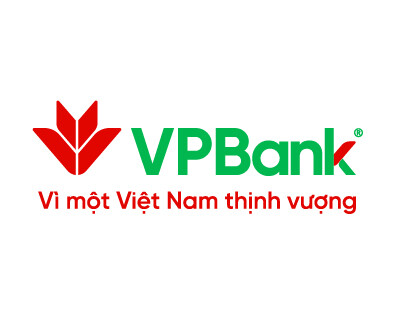
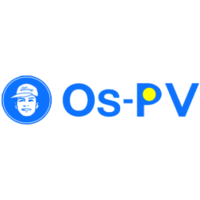
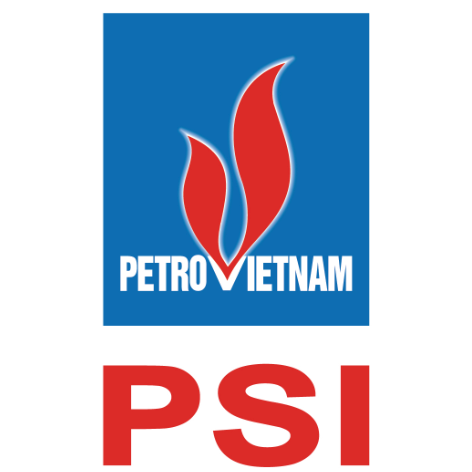
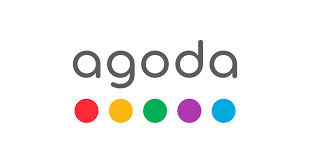

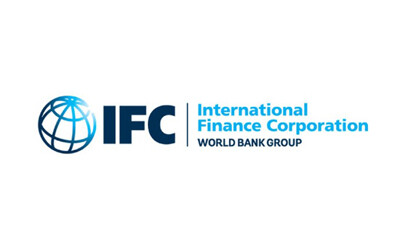

 Tweet
Tweet
 Facebook
Facebook
 Copy Link
Copy Link